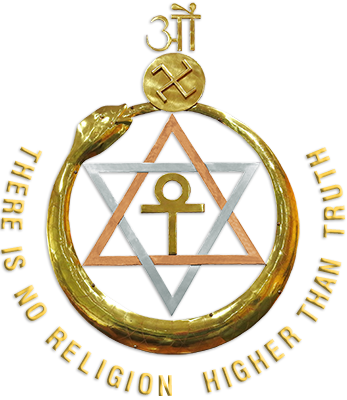originally published in Literature & Aesthetics Volume 21 Number 1 June 2011
Theosophy and the Dissenting Western Imagination by Dara Tatray
The paper 'Theosophy and the Dissenting Western Imagination’ owes its title to Ashis Nandy and Shiv Visvanathan’s apt description of the modern Theosophical movement as the most important archive concerning the dissenting western imagination (‘Modern Medicine and Its Non-Modern Critics’ citation in download). It was presented by the then National President of the Theosophical Society in Australia, Dara Tatray, at the "The Legacies of Theosophy: Unveiling Mysteries of the Creative Imaginary" Conference, Sydney Society of Literature & Aesthetics, held at the University of Sydney in 2010,
In 1946, on examining the recently unearthed alchemical papers of Sir Isaac Newton, John Maynard Keynes exclaimed:
Newton was not the first of the age of reason. He was the last of the magicians, the last of the Babylonians and Sumerians, the last great mind which looked out on the visible and intellectual world with the same eyes as those who began to build our intellectual inheritance rather less than 10,000 years ago.
H.P. Blavatsky in Context.
H.P. Blavatsky (1831-1891) was the first public intellectual to have attempted to restore the lost reputation of the ancient science and theology to which Maynard Keynes referred. 'Theosophy and the Dissenting Western Imagination’ situates Madame Blavatsky's work in context of the ongoing reassessment of the place of Hermeticism and the Occult in the history of science.
Download the PDF to read the full article. Originally published in the special volume of Literature & Aesthetics; The Journal of the Sydney Society of Literature & Aesthetics Volume 21 Number 1 June 2011, a collection of papers inspired by a two-day conference held at the University of Sydney in October 2010, exploring the multifaceted legacies of Theosophy and the Theosophical Society ("The Legacies of Theosophy: Unveiling Mysteries of the Creative Imaginary"). Contributors also included Professor Garry Trompf, Professor Harry Oldmeadow, and Associate Professor Carole M. Cusack.



